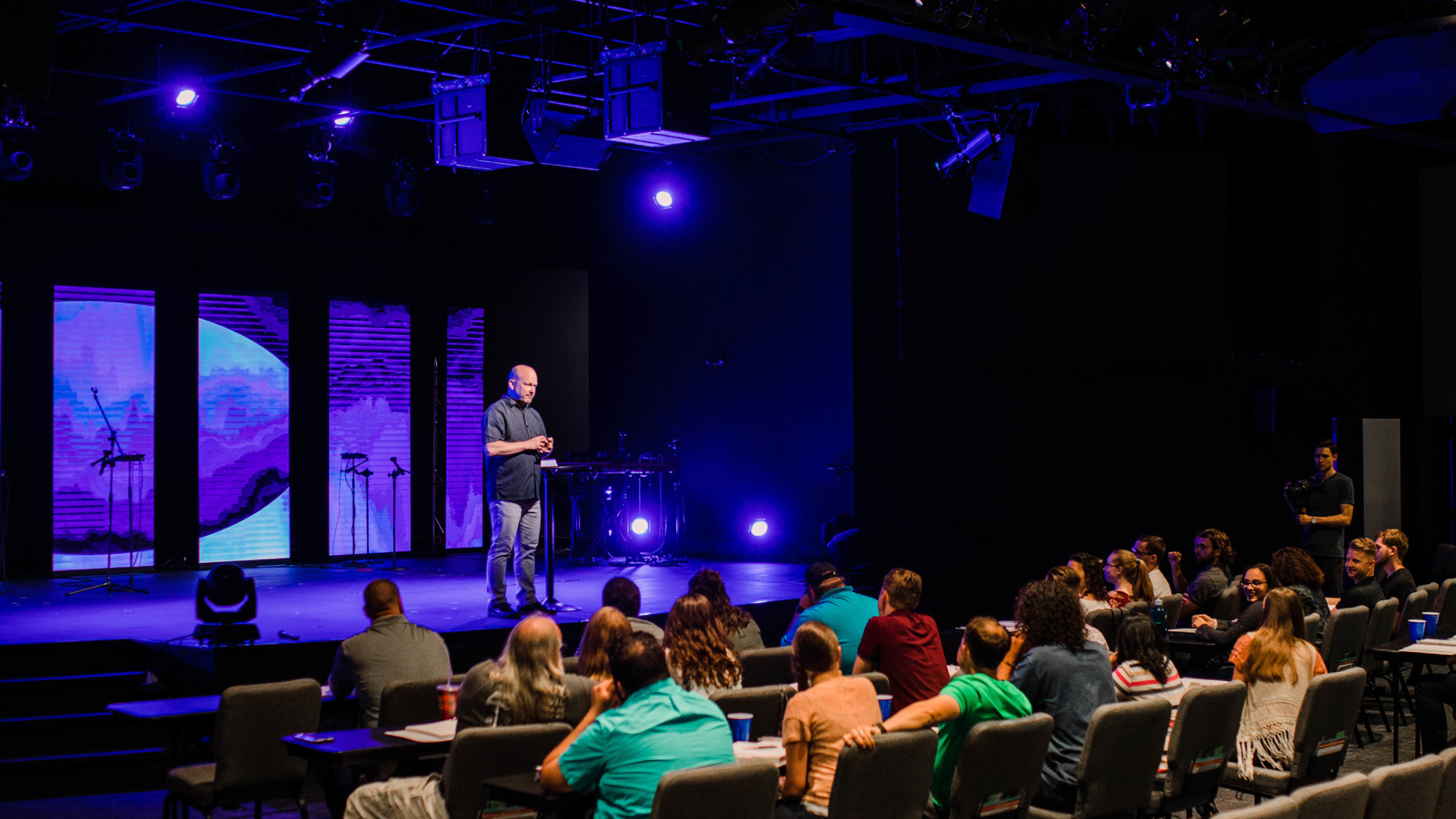Tech Policies: Security, Social, & AI
Why Church Technology Policies Are Crucial
In today’s digital-first world, technology is no longer optional for churches. From emails to livestreams, social media posts to AI-powered tools, church technology enables expanded reach and connection with their communities in unprecedented ways. However, without a clear set of tech policies, churches can unintentionally expose themselves to risks like data breaches, misinformation, and even reputational damage.
A Comprehensive Tech Policy Ensures:
- Security: Protecting sensitive church and member information from cyber threats.
- Consistency: Establishing guidelines for staff and volunteers to follow when using church technology.
- Clarity: Providing a roadmap for ethical and responsible tech use that aligns with your church’s mission and values.
By proactively addressing church technology use, staff and lay leaders can thrive in the digital space while minimizing risks.
How to Set Up a Tech Policy at Your Church
- Assess Your Church’s Tech Footprint: Start by evaluating all the technologies your church uses. This includes hardware (like computers and phones), software (like church management systems), and platforms (like social media and your website). Identify who has access to each and how they’re used.
- Engage Key Stakeholders: Include church leaders, staff, and volunteers in the policy development process. Their insights ensure the policy is practical and covers all necessary areas.
- Define Key Areas Of The Policy: Break your tech policy into clear sections tailored to your church’s operations, such as email use, website management, social media, AI tools, and data security.
- Focus On Alignment With Your Church’s Values: Ensure the policy reflects your church’s mission and fosters trust within your congregation.
- Train And Communicate: Roll out the policy with training sessions for staff and volunteers. Make the guidelines easy to access and understand.
- Regularly Review And Update: Technology evolves rapidly. Schedule annual reviews to update your tech policy and answer any questions as needed.
Key Sections Of A Comprehensive Tech Policy

1. Email Use
- Use professional language on all church email accounts for all official church communications.
- Avoid sharing sensitive member information over email.
- Implement spam filters and educate staff on phishing scams. KnowBe4 has some free resources to get you started.
2. Website Management
- Ensure the website is secure (HTTPS protocol).
- Regularly update plugins and software to avoid vulnerabilities.
- Maintain clear and accurate content that aligns with church values.
- Have an approval process in place when updating the website to ensure consistent messaging and brand.
3. Social Media Guidelines
- Use official church accounts for all public communication.
- Monitor comments to prevent harmful or inappropriate interactions.
- Establish a tone and voice that reflect your church’s values.
- Get written permission before sharing photos of congregation members.
4. AI Usage
- Define acceptable AI tools (e.g., for drafting content or automating tasks).
- Prohibit the use of AI to generate sermons or theological content without pastoral review.
- Train staff on ethical AI use, including fact-checking generated content.
5. Data Security
- Use strong, unique passwords for all church accounts.
- Implement multi-factor authentication (MFA) where possible.
- Restrict access to sensitive information based on roles. If your ChMS does not have diverse enough access roles to meet your needs, then consider evaluating a customizable option like, TouchPoint Software.
- Regularly back up data to secure, encrypted locations.
Other Considerations For Implementing Tech Policies
- Volunteer Training: Many churches rely on volunteers for tech management. Ensure they are trained in your policies.
- Incident Response: Include steps for handling breaches or misuse of technology.
- Legal Compliance: Familiarize yourself with data protection laws, such as GDPR (EU) or CCPA (California), to ensure compliance.
- Community Feedback: Involve the congregation by seeking their input on certain aspects of tech use, like livestream privacy.
Free Example Tech Policy For Churches
To help you get started, here’s a downloadable tech policy template. You can customize it to fit your church’s specific needs and context.
This template includes sections for:
- Email Communication
- Social Media Use
- AI Guidelines
- Website Security
- Data Protection
Final Thoughts
Tech policies are not about stifling creativity or community—they’re about safeguarding your church and equipping your team to use technology responsibly. By investing time in developing, implementing, and maintaining these policies, your church can confidently embrace the digital age, knowing it is protected and prepared.






